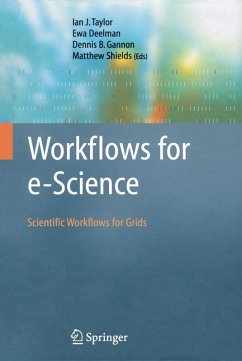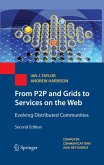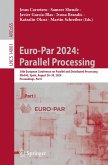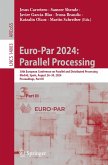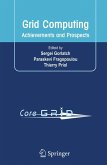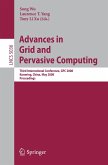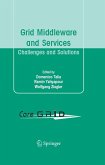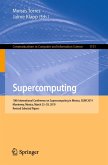Workflows for e-Science presents an overview of the current state of the art in the field. It brings together research from many leading computer scientists in the workflow area and provides real world examples from domain scientists actively involved in e-Science. The computer science topics addressed in the book provide a broad overview of active research focusing on the areas of workflow representations and process models, component and service-based workflows, standardization efforts, workflow frameworks and tools, and problem solving environments and portals.
The topics covered represent a broad range of scientific workflow and will be of interest to a wide range of computer science researchers, domain scientists interested in applying workflow technologies in their work, and engineers wanting to develop workflow systems and tools. As such Workflows for e-Science is an invaluable resource for potential or existing users of workflow technologies and a benchmark for developers and researchers.
Dieser Download kann aus rechtlichen Gründen nur mit Rechnungsadresse in A, B, BG, CY, CZ, D, DK, EW, E, FIN, F, GR, HR, H, IRL, I, LT, L, LR, M, NL, PL, P, R, S, SLO, SK ausgeliefert werden.

